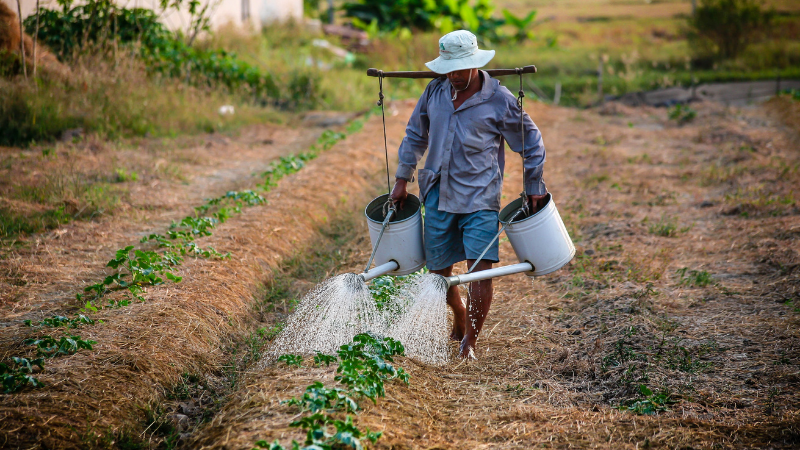By Albert Makendenge
Before, during and after any agricultural season questions about farming activities are almost always flying about with relatively varying degrees of access to the required feedback. Varieties, prices, farming methods, planting times, rainfall patterns are always changing and farmers have got to get just the kind of information they want. Agricultural information, which is clearly very important, refers to various sets of information and messages that are relevant to agricultural production activities of farmers such as crop production and crop protection, animal production and management and natural resource production and conservation.
Agricultural information interacts with and influences agricultural productivity in a variety of ways. It can help inform decisions regarding land, labor, livestock, capital and management. Agricultural productivity can arguably be improved by relevant, reliable and useful information and knowledge. Hence the creation of agricultural information (by extension services, research, education programmes and others) is now often managed by agricultural organisations that create information systems to disseminate information to farmers so that farmers can make better decisions in order to take advantage of market opportunities and manage continuous changes in their production systems. At vaMudhumeni we have all this information and more right on our website and various social media platforms. On our website we have blog articles the cover all things farming. We also have a marketplace for farmers of all levels to be able to sell their goods and services. There is even a discussion forum where you can post your question for our agricultural experts.
The agricultural extension department of Zimbabwe, which is tasked with training and education farmers across the country, has been, in partnership with other private and non-governmental organisations, employing and pushing forward a wide array of extension approaches in order reach out to farmers for example master farmer training schemes, radio listening and TV watching, training and visit systems amongst many others. Whilst these have, to some extent been somewhat effective, a lot still remains to be done to make sure that information is available to every farmer in Zimbabwe as and when its needed and jumping onto the fast paced technological wave that is going around the world is a good place to start so that no one is left behind.

